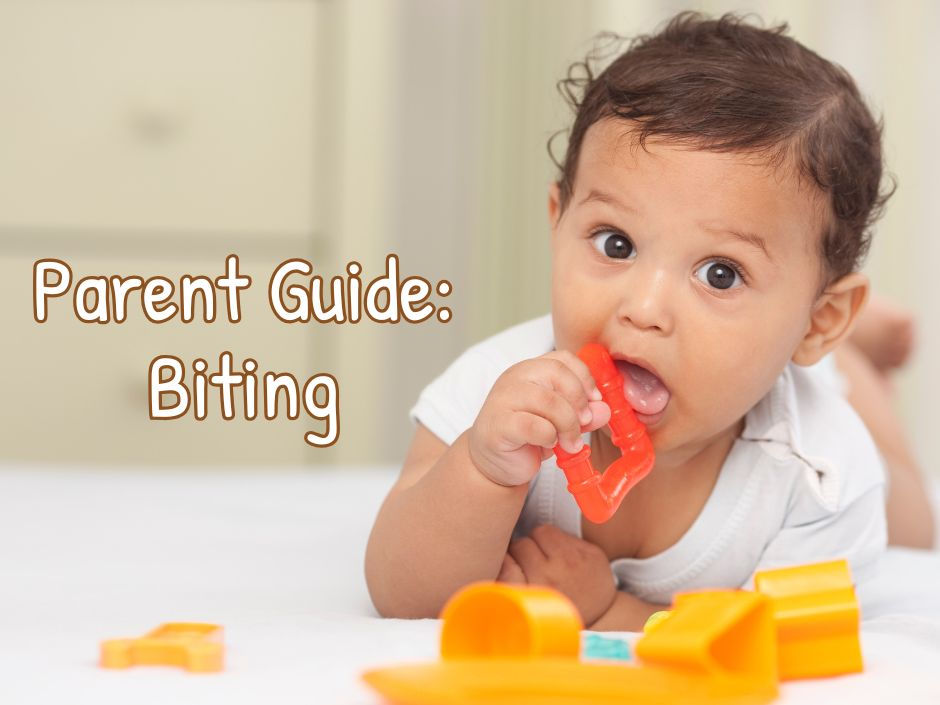Parent’s guide: healthy eating for under 5s
- emilias918
- May 30, 2024
- 4 min read

Healthy eating is a vital part of your little one’s development, laying the foundation for a lifetime of healthy habits and overall well-being.
In the early years, establishing nutritious eating patterns is important, as it directly impacts their development.
In this guide, we delve into the essentials of healthy eating for under 5s.
Below we dive into five practical tips to make mealtimes more enjoyable, common issues parents face and how to address them, and additional resources and storybooks.
Let’s dive straight in!

Many parents struggle to ensure their little one is eating the right foods.
This can be due to the child being fussy, the messaging on what children should be eating being mixed and families facing issues around funds and accessibility to various foods to name a few.
We don’t have a quick fix for any of these issues but we’re here to help! And if you have any questions or concerns please speak to your nursery manager.
Let’s start things off with some important information on food in early childhood:
Focus on nutrients
Did you know that some young children who are overweight are actually undernourished?
This can happen when the foods they eat are not high enough in vitamins and minerals like iron and calcium.
Nutrients are vital in early years since children need support for all the growth and development that is taking place.
Click here for a guide to nutrition for under 5s.
Learning is key
Forming healthy habits begins with learning! The earlier these things are learnt, the better these will be instilled throughout your little one's life.
This includes learning to sit and focus on what they’re eating, which will allow them to recognise which food and how much they should be eating.
Water
Milk (or fortified vegan alternative) is important in children’s diets but during meals and when out and about it's recommended children drink water.
Water is needed to help digestion and to avoid constipation, whilst other juices and flavoured waters can cause dental decay.
Size
It can be easy to forget that children’s stomach calorie requirements and capacity are much lower than our own.
A 2-year-old enjoying a glass of juice and a chocolate bar can account for nearly a 1/4 of their daily calorie intake! This potentially does not leave them enough space for nutrient-rich foods they need.
Click here for a guide on how much children under 5 should be eating.
Veggies
Children should learn to love veggies!
Veg should be introduced to children early on in a positive way as they are an important source of many vitamins and minerals.

Now onto 5 tips to make mealtimes better
1. Variety
Research suggests that we eat more when there is variety. This means your little one is more likely to eat their veggies if you provide many small portions of different things!
2. Get them involved
The more your little one is involved in the cooking and prep of their meal, the more excited they will be about it.
You can find out more about cooking with your little one by clicking here.
3. Lead by example
Children are like sponges! They absorb the information around them.
Your actions and attitudes towards food will influence your little one perhaps more than you realise. Do you enjoy eating veggies? Do you sit down to eat? Are your snacking habits positive?
4. Easier to eat when you’re hungry
This one seems pretty obvious and well, it is… Children are more likely to try new foods when they are hungry.
Is your little one snacking more than they should be or are they eating portions that are too big? If your child is not hungry at dinner time have a think about what changes you can implement to change this.
5. Learn more about portion sizes
Many parents aren’t sure how much their child should be eating. This can lead to unrealistic standards being set for finishing meals and lead to excessive weight gain.
If you’re unsure about portion sizes click here for a handy guide for children 1-4 years old.

Some common issues you might encounter
Your little one isn’t drinking water
If your little one isn’t getting into the habit of drinking water, start off by being the role model! Drink plenty of water when you’re with your child, particularly at mealtimes.
Also, be sure to make this accessible - place a jug on the table and allow them to pour this themselves.
Your little one won’t eat main but can’t wait for dessert
If puddings are causing tension at mealtimes, then consider getting rid of them (or limit to once or twice a week) – provide a small starter as an additional course instead.
If you’re concerned...
If you feel your child’s diet is too limited or are worried about their weight, don’t hesitate to ask for help.
Speak to your nursery manager, health visitor or GP, they will be able to offer advice and help you implement an action plan.
Resources
Some children’s books to help your little one better understand healthy eating

Every Night Is Pizza Night
Click here to view it on Amazon.

Rah, Rah, Radishes!: A Vegetable Chant
Click here to view it on Amazon.

Good Enough to Eat: A Kid's Guide to Food and Nutrition
Click here to view it on Amazon.

I Will Not Ever Never Eat a Tomato
Click here to view it on Amazon
Links to recipes to inspire you – all healthy and lots of budget options




Comments